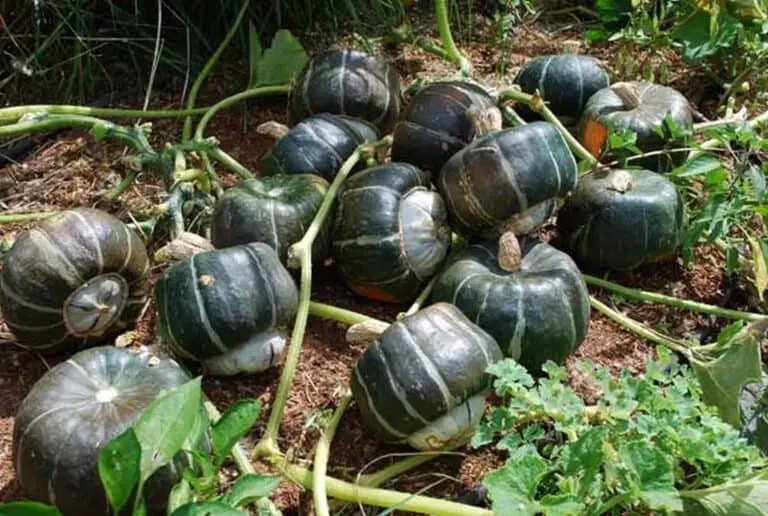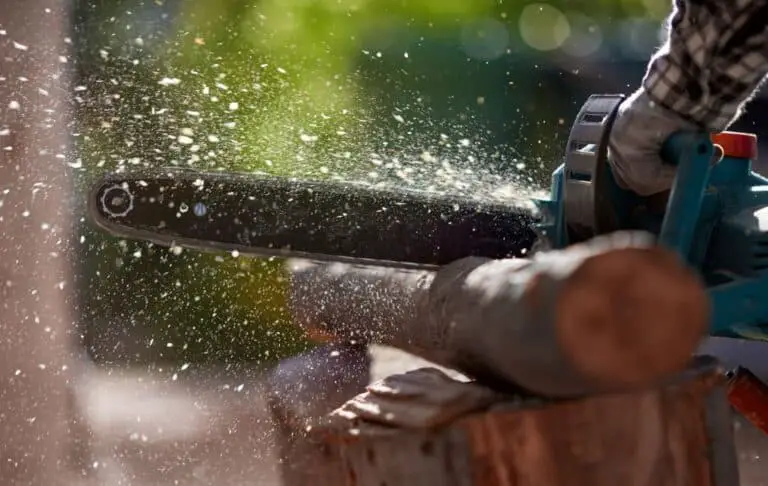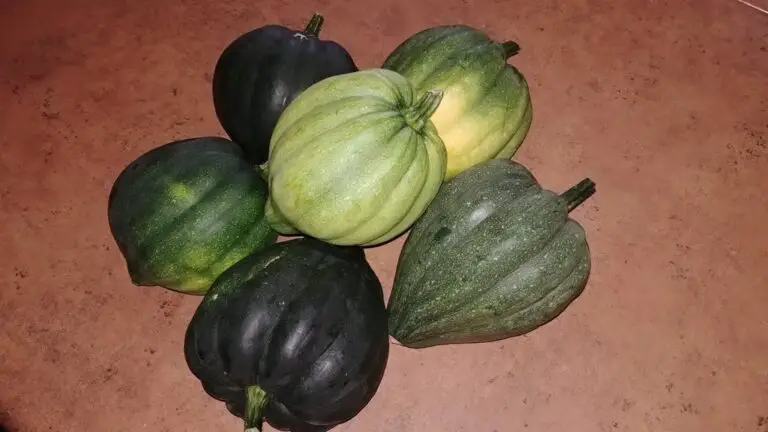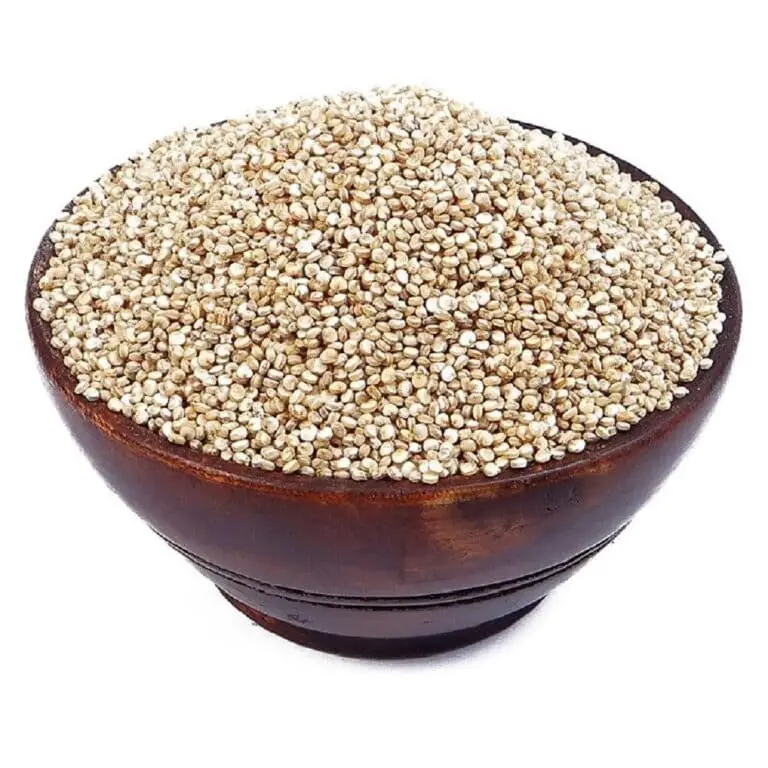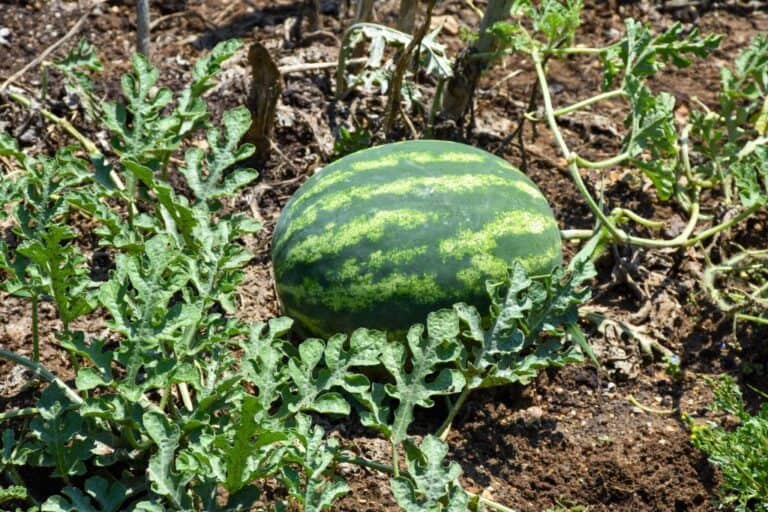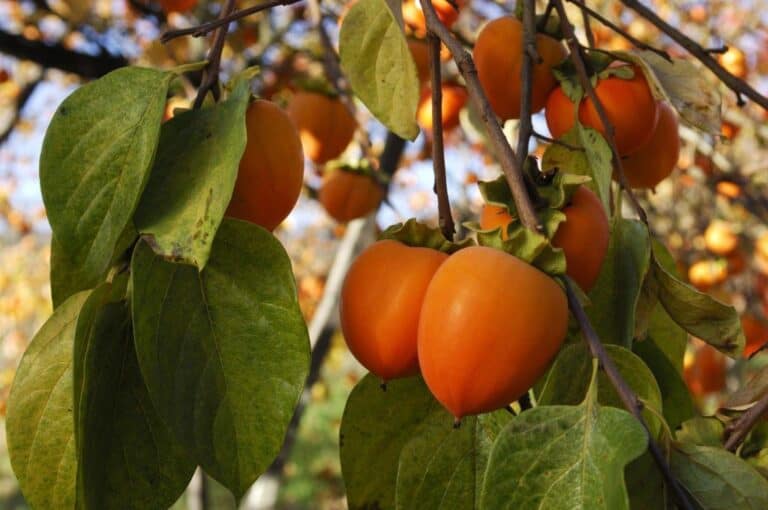Can Broccoli Grow in Winter? How Long Does It Take to Grow in Winter?
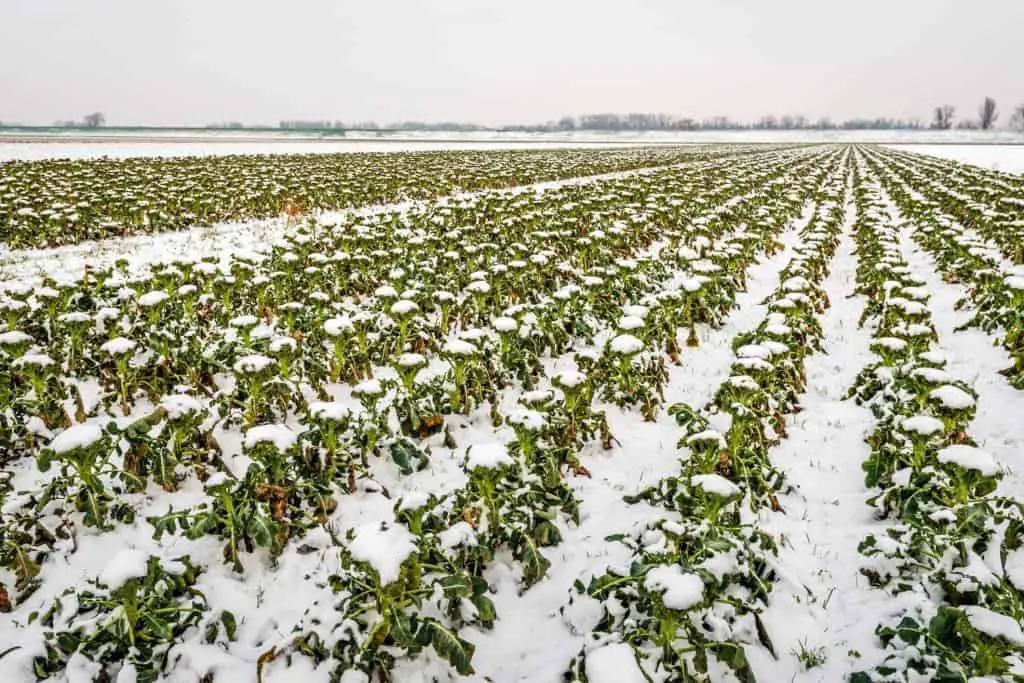
Broccoli is a nutrient-dense cruciferous vegetable that is packed with vitamins, minerals, and antioxidants. It’s no wonder why it’s such a popular choice among gardeners and health enthusiasts alike. However, many people wonder if it’s possible to grow broccoli in the winter. Winter can be a challenging time for gardening, but that doesn’t mean you have to give up on growing your favorite vegetables.
So, can broccoli grow in the winter? Yes, broccoli can be grown in winter with some extra care and attention. However, growing broccoli in winter requires a bit of planning and patience.
In this article, we’ll explore whether broccoli can grow in winter, what factors affect its growth, and most importantly, how long it takes to grow in winter. Whether you’re a seasoned gardener or just starting out, keep reading to learn more about growing broccoli in winter. Get ready to learn how to grow delicious, nutritious broccoli all year round!
Can Broccoli Grow in Winter?
When it comes to growing broccoli, many people assume that it can only be grown in the warmer months of the year. However, with a bit of planning and preparation, it’s entirely possible to grow broccoli during the winter months as well. In fact, some varieties of broccoli actually prefer cooler temperatures and can produce better yields in the winter than in the summer.
One of the biggest challenges when it comes to growing broccoli in the winter is dealing with the cold temperatures. Broccoli is a cool-season crop and can tolerate light frost, but hard freezes can damage or even kill the plants.
This is why it’s important to choose the right variety of broccoli for your winter garden. Look for varieties that are cold-hardy and can withstand temperatures down to at least 20 °F.
The most important thing is to prepare the garden properly, such as by making sure the soil is well-draining and has plenty of organic matter. It’s also essential that you plant your winter broccoli in late summer or early fall to give it time to mature before the coldest winter temperatures arrive.
Once your plants are established, take good care of them, such as making sure they are getting enough water and nutrients and keeping an eye out for any signs of pests or disease. If you are expecting a hard freeze, you may want to consider covering your plants with row covers or other protective materials.
Understanding the Growing Cycle of Winter Broccoli
Before we can discuss how long it takes to grow broccoli in winter, it’s important to understand the growing cycle of broccoli.
Broccoli is a cool-season crop that belongs to the Brassica family, which also includes cauliflower, kale, and cabbage. Broccoli grows best when temperatures are between 65°F and 80°F, which means that it is typically grown in the spring and fall.
In the winter, temperatures are much lower and daylight hours are shorter. This can make it more difficult for broccoli to grow and mature. However, with the right growing conditions and care, broccoli can still be grown successfully in winter.
Winter broccoli has a longer growth cycle than summer broccoli. This is because the colder temperatures and shorter days slow down the plant’s growth.
Factors That Affect Broccoli Growth in Winter
Several factors can affect the growth of broccoli in winter. Some of the most important factors include:
1. Temperature
Broccoli grows best when temperatures are between 65°F and 80°F. In winter, temperatures can dip below freezing, which can damage the plant and slow down its growth. To grow broccoli in winter, it’s important to provide the plant with the right growing conditions, including adequate warmth.
2. Daylight Hours
Broccoli requires a certain amount of sunlight to grow and mature. In the winter, daylight hours are shorter, which means that the plant may not receive enough sunlight to grow properly. This can result in stunted growth or slower maturation.
3. Soil Quality
The quality of the soil can also affect the growth of broccoli in winter. Broccoli requires well-draining soil that is rich in nutrients. In winter, the soil may be wetter and colder, which can make it more difficult for the plant to absorb nutrients.
4. Watering
Broccoli requires consistent watering to grow properly. In winter, the soil may be wetter than in summer, which means that the plant may not require as much watering. However, it’s still important to monitor the soil moisture levels and provide the plant with adequate water when necessary.
The Average Time It Takes to Grow Broccoli in Winter
The time it takes for broccoli to grow and mature in winter can vary depending on the specific growing conditions and the variety of broccoli being grown. On average, it can take between 80 and 100 days for broccoli to mature in the winter.
Broccoli seedlings typically take 4-6 weeks to reach transplant size. After transplanting broccoli seeds, the plant will continue to grow and mature for another 8-10 weeks. The exact time it takes for broccoli to mature will depend on factors such as temperature, daylight hours, and soil quality.
It’s important to note that broccoli will not grow as quickly in the winter as it does in the summer. If you’re looking to grow broccoli in winter, you will need to be patient and allow the plant enough time to mature properly.
Best Broccoli Varieties for Winter Growing
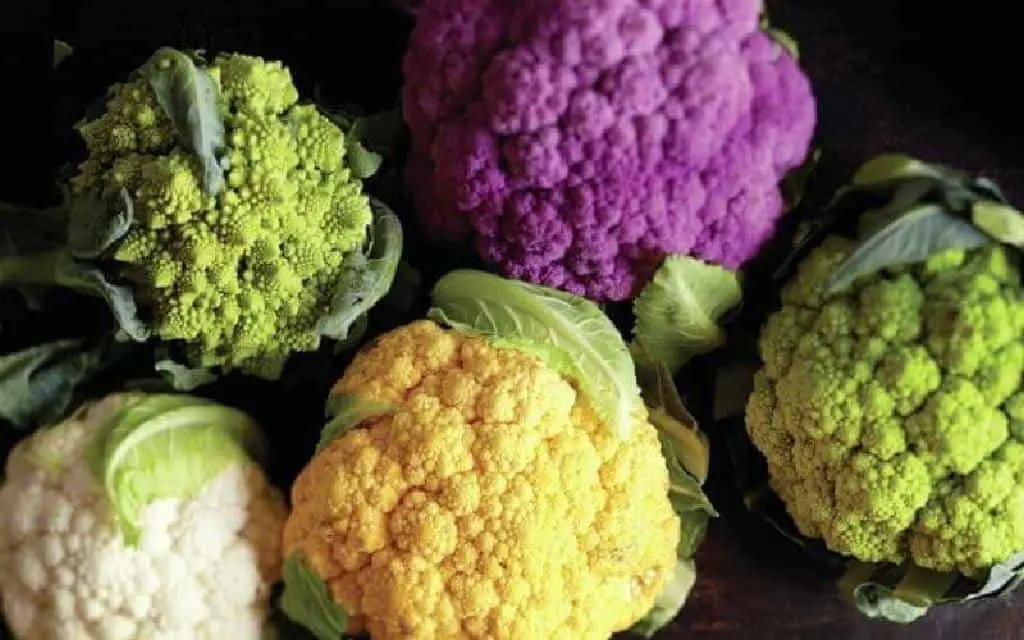
When it comes to growing broccoli in the winter, it’s important to choose the right varieties. Not all broccoli varieties are created equal, and some are better suited to cooler temperatures than others. Here are some of the best broccoli varieties to consider for winter growing:
- Calabrese: Calabrese broccoli is a popular variety that produces large, tender heads with a slightly sweet flavor. This variety is particularly well-suited to winter growing because it’s tolerant of cold temperatures and can even survive light frosts.
- Di Cicco: Di Cicco broccoli is a traditional Italian heirloom variety that’s prized for its delicious flavor and tender texture. This variety is also well-suited to winter growing, as it can tolerate cold temperatures and is resistant to frost damage.
- Waltham: Waltham broccoli is a reliable and hardy variety that’s popular with many gardeners. This variety is particularly well-suited to winter growing because it’s tolerant of cold temperatures and can even survive heavy frosts.
- Purple Sprouting: Purple Sprouting broccoli is a unique and flavorful variety that’s particularly well-suited to winter growing. This variety produces small, tender heads and is tolerant of cold temperatures and frost.
When selecting broccoli types and varieties for winter growing, be sure to choose those that are labeled as “cold-hardy” or “frost-tolerant.” These varieties will be better able to withstand the cooler temperatures and weather conditions of the winter months.
Preparing Your Garden for Winter Growing
Once you’ve selected the right broccoli varieties for winter growing, it’s important to prepare your garden for the cooler temperatures ahead. Here are some steps you can take to ensure your garden is ready for winter growing:
- Clear out your garden beds: Before you plant your winter broccoli, be sure to clear out any remaining summer crops or weeds from your garden beds. This will help prevent pests and diseases from overwintering in your soil.
- Add compost: Adding compost to your garden beds can help improve soil quality and provide important nutrients for your winter broccoli. Be sure to mix in compost or other organic matter before planting.
- Protect against pests: In the winter, pests such as aphids and cabbage worms can be particularly problematic for broccoli. Consider using row covers or other protective measures to keep these pests at bay.
- Mulch your garden beds: Mulching your garden beds can help insulate your soil and protect your winter broccoli from the cold. Consider using straw, leaves, or other organic mulch to cover your garden beds.
Tips for Growing Broccoli in Winter
Now that you’ve prepared your garden for winter growth, it’s time to start planting your broccoli. Here are some tips for success:
- Plant at the right time: In most areas, it’s best to plant your winter broccoli in late summer or early fall, so that it has time to mature before the coldest winter temperatures arrive.
- Give your plants plenty of space: Broccoli plants need plenty of room to grow, so be sure to space them at least 18 inches apart in your garden beds.
- Provide plenty of water: In the winter, it’s important to keep your broccoli plants well-hydrated, but be careful not to overwater them. Water deeply once a week, and make sure the soil drains well to avoid waterlogging.
- Protect from frost: Use row covers or cloths to protect your broccoli plants from frost. You can also plant them in raised beds or containers, which can be moved indoors during extreme cold snaps.
- Use fertilizer sparingly: Broccoli plants don’t need a lot of fertilizer, especially during the winter. Use a balanced fertilizer sparingly, and make sure to apply it according to the package instructions.
- Watch out for pests: While pests are less of a problem in the winter, broccoli plants can still be susceptible to aphids, cabbage worms, and other pests. Keep an eye out for any signs of damage, and use organic pest control methods to keep them at bay.
By following these tips, you can successfully grow broccoli in the winter and enjoy a fresh, healthy crop even during the coldest months of the year. With a little bit of planning and preparation, you’ll be able to enjoy the delicious taste and health benefits of this nutritious vegetable all year round.

